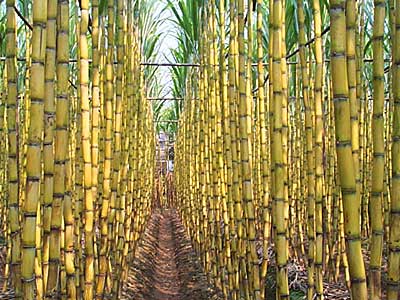- Home
- About
- Diverse
- Pulses
- Dairy
- Seeds
- Drinks
- Oils
- Nuts
- Sea foods
- Organics
- Fruits
- Vegetables
- Barley Bran
- Barley Flour
- Barley Grain
- Bread Mix Stone Ground
- Bread Mix White
- Buck Wheat Flour
- Hulled Millet
- Kernel Cracks
- Stabilised Quick Oats
- Stabilised Rolled Oats
- Sunflower Kernels
- Pressed
- Sunflower Seeds
- Unbleached Cake
- Unbleached Plain
- White French Millet
- Wholegrain Plain
- Wholegrain Self
- Wholegrain Spelt
- Spices
- Sugar
- Frozen Food
- Contact Us
Refined Cane Sugar ICUMSA 45 with EUR1&T2L Free of tax, circulation & trade in EU Country

Sugarcane is the world's largest crop and is cultivated on about 23.8 million hectares, in more than 90 countries, with a worldwide harvest of 1.69 billion tonnes. Brazil was the largest producer of sugar cane in the world. The next five major producers, in decreasing amounts of production, were India, China, Thailand, Pakistan and Mexico.
The world demand for sugar is the primary driver of sugarcane agriculture. Cane accounts for 80% of sugar produced; most of the rest is made from sugar beets. Sugarcane predominantly grows in the tropical and subtropical regions, and sugar beet predominantly grows in colder temperate regions of the world.
Sugarcane is a tropical, perennial grass that forms lateral shoots at the base to produce multiple stems, typically three to four meters high and about five centimeters in diameter. The stems grow into cane stalk, which when mature constitutes approximately 75% of the entire plant. A sugarcane crop is sensitive to the climate, soil type, irrigation, fertilizers, insects, disease control, varieties, and the harvest period. The average yield of cane stalk is 60-70 tonnes per hectare per year, however this figure can vary between 30 and 180 tonnes per hectare depending on knowledge and crop management approach used in sugarcane cultivation.
